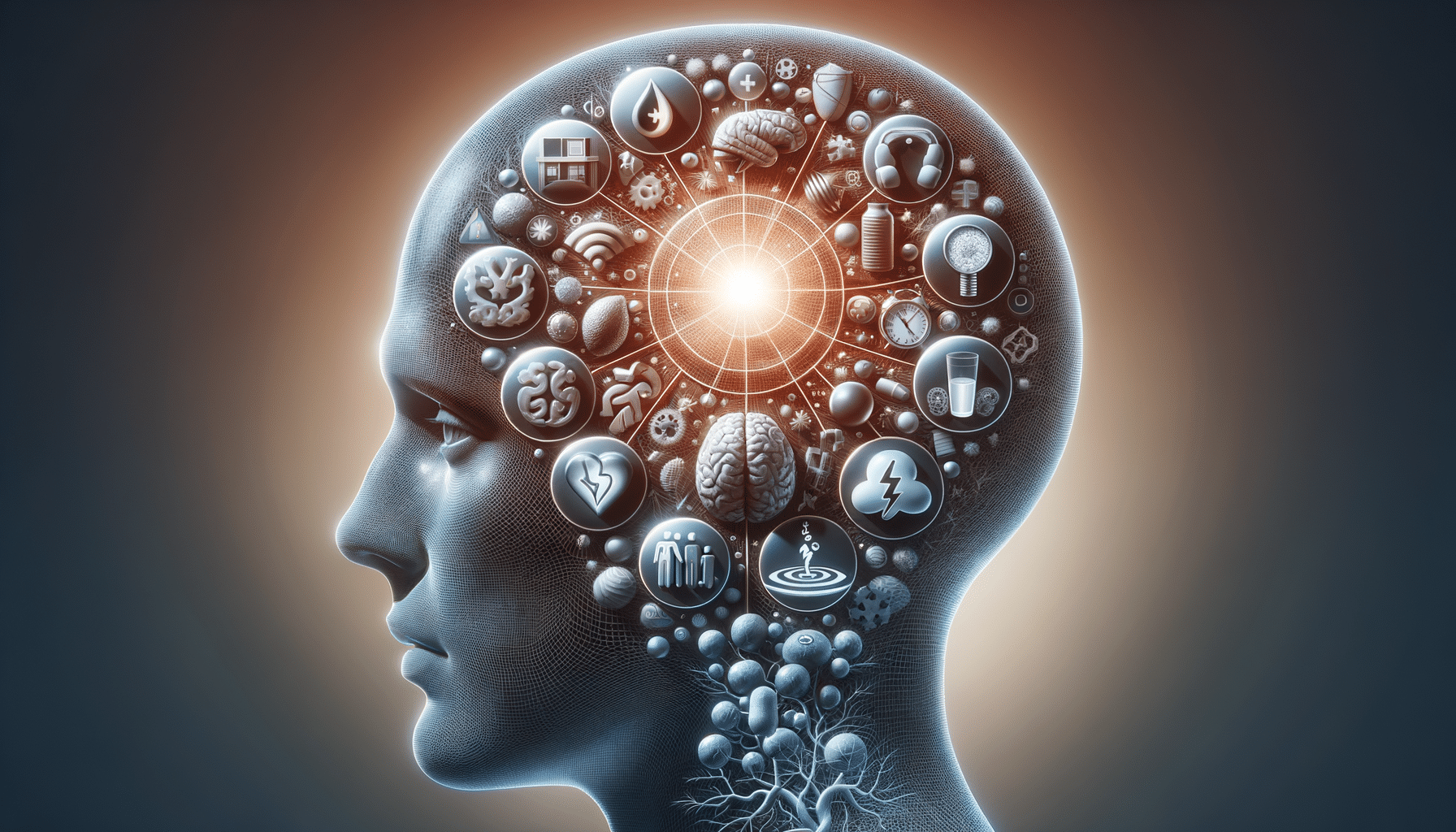
What are the causes of headaches and dizziness?
Understanding Common Causes of Headaches and Dizziness
Headaches and dizziness are common ailments that many people experience at some point in their lives. The sudden onset of these symptoms can be alarming, yet understanding the common causes of headaches and dizziness can provide some reassurance and direction for seeking relief. These sensations can arise from a variety of sources, ranging from simple lifestyle factors to more complex medical conditions.
One of the most prevalent common causes of headaches and dizziness is dehydration. When the body lacks adequate fluids, it can lead to reduced blood flow to the brain, causing dizziness and headaches. Another common cause is stress, which can lead to tension headaches and a feeling of lightheadedness. Stress often triggers the body’s fight-or-flight response, releasing hormones that tighten muscles and increase heart rate, contributing to these symptoms.
In addition to these factors, lack of sleep and poor diet are also significant contributors. Insufficient rest can lead to fatigue, which often manifests as headaches and dizziness. Similarly, an imbalanced diet lacking essential nutrients can disrupt bodily functions, leading to these uncomfortable sensations. Understanding these common causes is the first step in managing and preventing these symptoms.
Medical Conditions Linked with Headaches and Dizziness
While lifestyle factors play a significant role, there are several medical conditions linked with headaches and dizziness that require attention. Migraines are a well-known condition that often presents with severe headaches and can be accompanied by dizziness or vertigo. These can be debilitating and are often triggered by environmental factors such as bright lights or loud noises.
Another condition to consider is vestibular disorders, which affect the inner ear and balance system. These disorders, such as Meniere’s disease, can cause episodes of vertigo, dizziness, and headaches. Similarly, sinus infections can lead to pressure in the head and dizziness due to congestion and inflammation.
Furthermore, certain cardiovascular issues, like high blood pressure or heart arrhythmias, can lead to inadequate blood flow to the brain, resulting in headaches and dizziness. It’s crucial for individuals experiencing these symptoms frequently to consult a healthcare provider to rule out or manage any underlying medical conditions effectively.
Diagnosing and Treating Headaches and Dizziness
When experiencing persistent headaches and dizziness, it is important to seek medical advice for a proper diagnosis. Diagnosing causes of headaches and dizziness often involves a thorough evaluation by a healthcare professional, which may include a physical examination, medical history review, and possibly imaging tests like an MRI or CT scan to rule out serious conditions.
Once a diagnosis is made, treatment options for headaches and dizziness causes can be explored. For lifestyle-related causes, simple adjustments such as increasing water intake, improving sleep hygiene, and managing stress through relaxation techniques can be highly effective. Dietary changes, including a balanced intake of nutrients, can also alleviate symptoms.
For those with medical conditions, treatment may involve medications to manage symptoms or address the underlying issues. For example, migraine sufferers might benefit from prescription medications that reduce the frequency and severity of attacks. Vestibular rehabilitation therapy can be beneficial for those with balance disorders.
Overall, understanding the root causes and seeking appropriate treatment can significantly improve the quality of life for those affected by headaches and dizziness. It is always advisable to work closely with healthcare providers to develop a personalized treatment plan that addresses individual needs.


